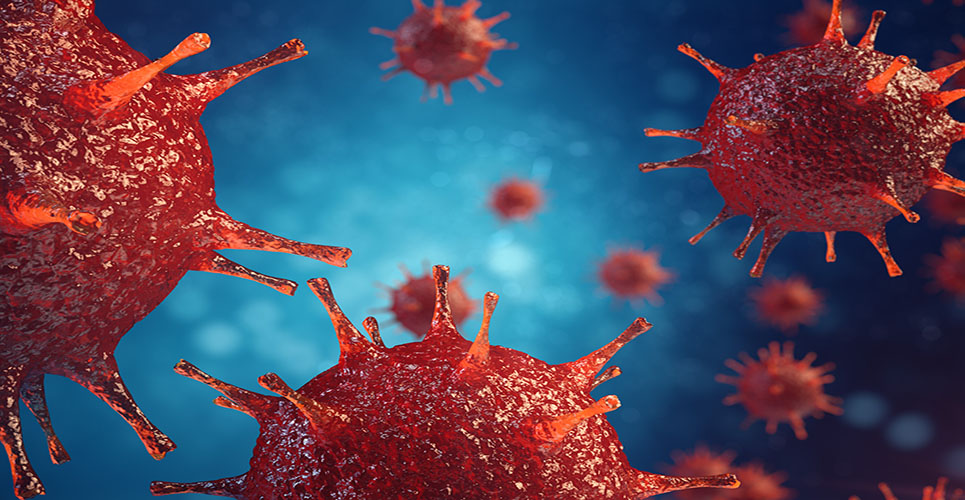Families across the country are being are asked to make a pledge to become Scotland’s “superheroes” in the fight against antibiotic resistance.
The UK-wide Antibiotic Guardian pledge campaign, part of European Antibiotic Awareness Day (EAAD) 2016, asks people to become “Antibiotic Guardians” by agreeing to do one thing to use antibiotics more wisely and safeguard them for future generations. EAAD takes place on 18 November every year.
Families across the country are being are asked to make a pledge to become Scotland’s “superheroes” in the fight against antibiotic resistance.
The UK-wide Antibiotic Guardian pledge campaign, part of European Antibiotic Awareness Day (EAAD) 2016, asks people to become “Antibiotic Guardians” by agreeing to do one thing to use antibiotics more wisely and safeguard them for future generations. EAAD takes place on 18 November every year.
The campaign is being led in Scotland by the Scottish Antimicrobial Prescribing Group (SAPG), which is based within Healthcare Improvement Scotland. Antibiotic resistance occurs when bacteria which cause illnesses like pneumonia, urinary tract infections and meningitis change so that they are no longer killed by antibiotics. The World Health Organisation has warned of a potential post-antibiotic era in which common infections and minor injuries can kill. While a recent SAPG report shows Scotland has made progress when it comes to reducing unnecessary prescriptions for antibiotics, with a decrease of 2.4% in primary care prescriptions in 2014 – 15, there is still work to be done.
Dr Jacqueline Sneddon, project lead for SAPG, said “Bacteria becoming resistant to antibiotics is one of the biggest threats facing modern healthcare today. Drug resistant bacteria could make routine operations like Caesareans, appendix removal and hip replacements life threatening. Healthcare providers need to change their practices to preserve our antibiotics, but patients and the public also have an important role to play.”
“When your child is crying with earache, your partner is complaining of a sore throat or you’re lying in bed with flu, antibiotics may seem like the answer, but your actions could have a huge potential cost for future generations. Antibiotics do not work for most coughs, sore throats and earaches – these are usually self-limiting infections, so the body can fight them itself. By not reaching for antibiotics every time but by first seeking advice from your local community pharmacist on how to self-care, and whether you should see your doctor you’re helping safeguard these wonder drugs for your children and their children.”
Parents and carers can choose from a range of Antibiotic Guardian pledges at www.antibioticguardian.com.
The campaign will also aim to raise awareness about antibiotic use through posters, leaflets and children’s colouring-in sheets featuring a range of ‘scary bacteria’ characters. The leaflets, which will be available in community pharmacies throughout Scotland, provide advice on self care for infections like coughs and colds, information about the likely duration of common illnesses and also highlight potentially serious symptoms that require further assessment by a doctor. Dr Sneddon said “Everyone has a part to play in helping reduce the risk of antibiotic resistance. If we act now, we can protect both ourselves and future generations from the problems that a world without effective antibiotics could bring.”
Antibiotic resistance in numbers*
1. Currently, 700,000 people die of resistant infections every year. Unless we take action it is estimated that by 2050 this will rise to 10 million lives a year.*
2. It is 30 years since a new class of antibiotics was last introduced, despite the fact that growing numbers of bacterial and viral infections are resistant to antibiotics.**
3. Only 10% of sore throats and 20% of acute sinusitis cases benefit from antibiotic treatment, but prescription rates are much higher than this.**
4. The annual EU wide cost of healthcare expenses and lost productivity due to antibiotic resistant bacteria is €1.5 billion.**
* From the O’Neill report on AMR https://amr-review.org/
** Source: Public Health England

